Search
Search Results
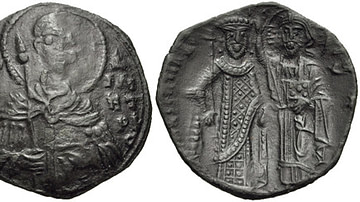
Definition
Thessaly and the Duchy of Neopatras
Thessaly was an independent state in medieval Greece from 1267 or 1268 to 1394 CE, first as the Greek-ruled Thessaly and later as the Catalan and Latin-ruled Duchy of Neopatras. Under its sebastokrators, Thessaly was a thorn in the side of...
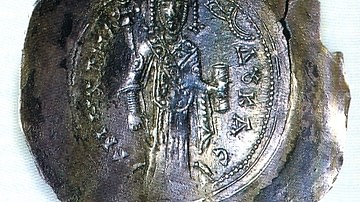
Definition
Despotate of Epirus
The Despotate of Epirus was one of the successor states of the Byzantine Empire when it disintegrated following the Fourth Crusade's capture of Constantinople in 1204 CE. It was originally the most successful of those successor states, coming...
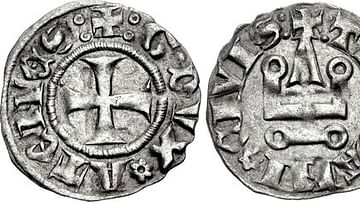
Definition
Duchy of Athens
The Duchy of Athens was a Latin or Frankish state in Greece that existed from 1205 to 1458 CE. It was created in the aftermath of the Fourth Crusade (1202-1204 CE) and would be ruled for the majority of its history by the Burgundian de la...
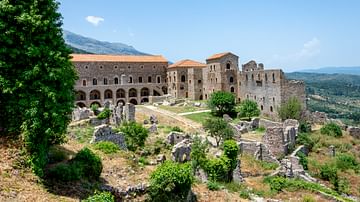
Definition
Despotate of the Morea
The Despotate of the Morea was a semi-autonomous appanage of the later Byzantine Empire. The Byzantines retook part of the Peloponnese in Southern Greece in 1262 CE, but the Morea was only officially governed by semi-autonomous despots of...
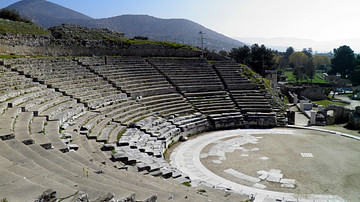
Article
Macedonian Colonization Under Philip II
Philip II of Macedon (359-336 BCE) envisaged a broad Macedonian kingdom and his colonial expansion resulted in the forging of an empire that his son Alexander the Great (r. 336-323 BCE) would use as a springboard for even greater things...
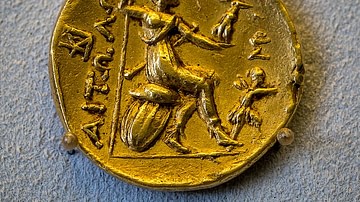
Definition
Aetolian League
The Aetolian League was an ancient Greek alliance of the tribes that lived west of Athens and north of the Peloponnese. The league was probably first established in the early 4th century BCE, reached its peak during the Hellenistic Period...
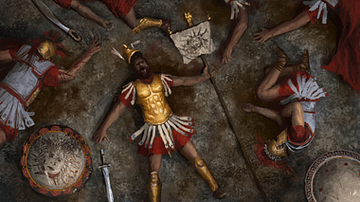
Definition
Pelopidas
Pelopidas (c. 410 - 364 BCE) was a gifted Theban general and leader of the elite Sacred Band who, along with Epaminondas, is credited with helping Thebes rise to its greatest power. Defeating the mighty Spartans in several battles Pelopidas...
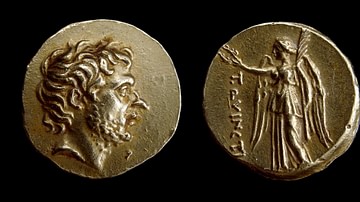
Definition
Titus Quinctius Flamininus
Titus Quinctius Flamininus (229-174 BCE) was a consul and military commander of the Roman Republic during the Second Macedonian War, who decisively defeated Philip V of Macedon (r. 221-179 BCE) at the Battle of Cynoscephalae in 197 BCE and...

Image
Coin of Manuel Komnenos Doukas
Trachy of Manuel Komnenos Doukas, Emperor of Thessalonica and then ruler of Thessaly, (r. 1230-1241 CE).
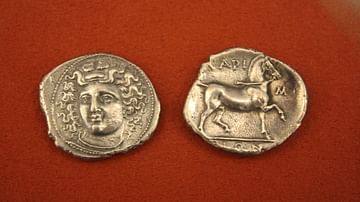
Image
Thessalonian Silver Didrachm
Silver didrachm from larissa, Thessaly, 395-344 BCE. O: Head of the nymph Larissa. R: Horse trotting.